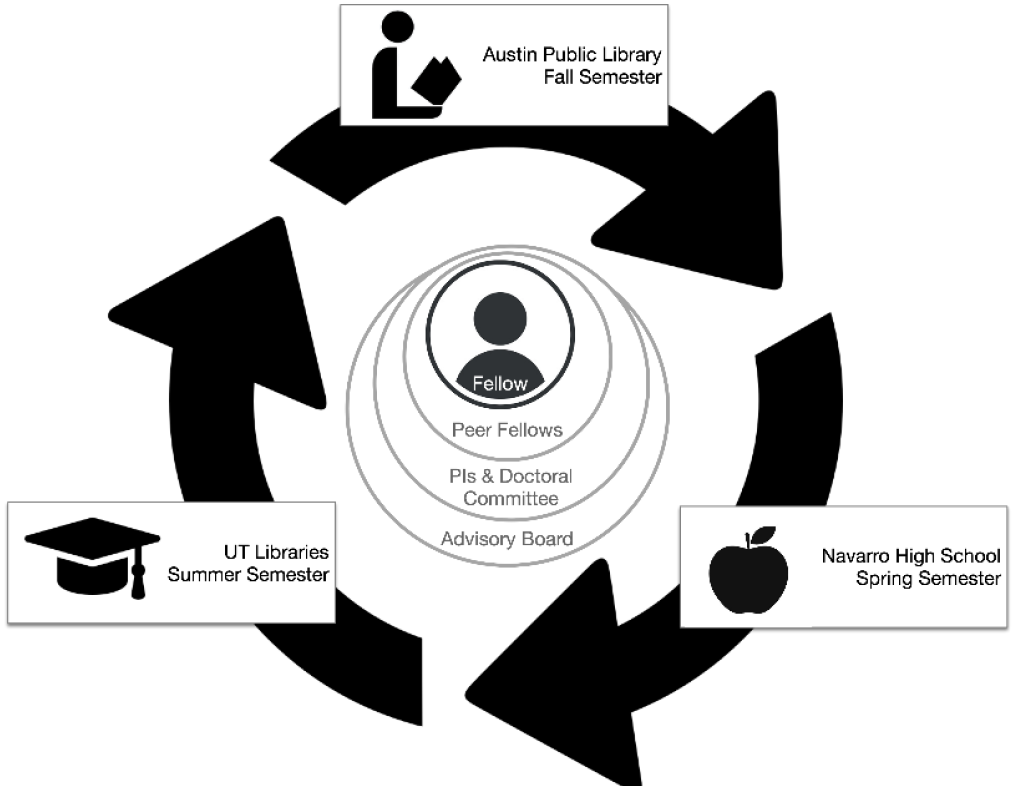
Training Future Faculty in Library, AI,
and Data Driven Education and Research
Investing in Our Faculty
While many current accredited library and information science (LIS) programs have AI and data science faculty and offer courses in the topic, there is a gap between the faculty, courses, and the library domain. Faculty with core knowledge of these highly technical fields tend to come from backgrounds in technology and computer science, having little or no experience in librarianship. This creates a real and perceived disconnect between instructors and library and information science students who often focus on service and library skills. Moreover, a lack of experience and sensitivity to library norms makes providing relevant instruction, context, and assignments in their courses difficult. Put simply, the content in AI and data science is often inaccessible to LIS students because there is no common frame with which to scaffold instruction.
LADDER Library Rotation Model
To build a strong bridge between academia and practice, we have developed an innovative Library Rotation Model, adapted from clinical rotations in medical schools. Each year, three doctoral students selected as LADDER Fellows engage in authentic research projects while collaborating with PIs and librarians across three types of library contexts: public library, school library, and academic library. Austin Public Library, Navarro Early College High School Library, and University of Texas Libraries are the partnering libraries and one librarian from each library serves as the librarian mentor for the Fellows during each rotation.

Each library rotation begins with developing a specific project as a team (Fellows, librarians, and Co-PIs). During the rotations, LADDER fellows work as a team, in collaboration with the librarian and the PIs, resulting in co-authored publications in scholarly and professional journals/conferences. From Fall 2022 to Summer 2025, three cohorts of doctoral students have been recruited and selected as Fellows. The rotations are collaborative and iterative; the students rotate together, and each cohort conducts a project that builds on prior projects.


